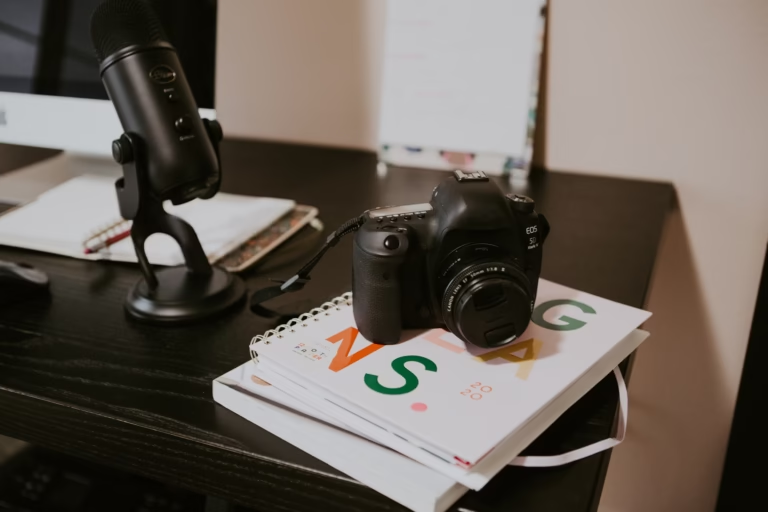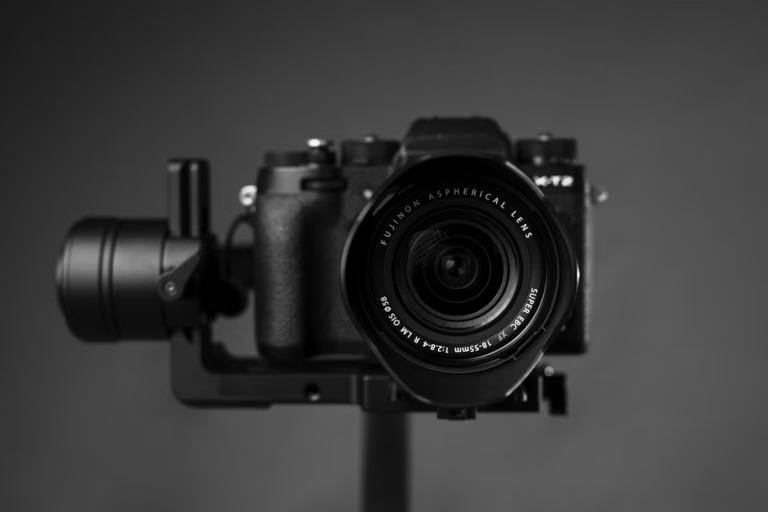
Image Credit |Edited By Morrison
Starting a photography business is an exciting adventure. You get to do what you love and turn it into a way to make money. But before you dive in, it’s important to understand that running a business also comes with legal responsibilities. Meeting photography business legal requirements will not only protect you but also help you build a strong and trustworthy brand.
Without the right legal steps, you risk fines, lawsuits, and lost clients. In this guide, we will explain the 10 essential legal requirements you must have when starting your photography business. Whether you’re planning to take portraits, shoot weddings, or work with brands, these steps will keep you safe and set you up for success.
Related Articles:
Photography Business Legal Requirements
1. Register Your Business
Before you can start booking clients, you need to officially register your business. This makes your business legal in the eyes of the government.
Depending on where you live, you might register as a sole proprietorship, a partnership, an LLC (Limited Liability Company), or a corporation. According to the U.S. Small Business Administration, 70% of small businesses in the U.S. are sole proprietors because it’s the easiest and cheapest to set up. However, LLCs are becoming very popular because they protect your personal assets if your business gets sued.
Tip: Check your state and local government websites for specific registration steps. Some states also require a “Doing Business As” (DBA) name registration if your business name is different from your personal name.
2. Sales Tax Permit
If you sell prints, albums, or even digital images, you may be required to collect sales tax. In many states, photographers must apply for a Sales Tax Permit.
Without it, you could face serious penalties. For example, in California, failing to collect and pay sales tax can lead to a 10% penalty plus interest on any unpaid taxes.
Make sure you check the rules for your state because every state has different rules. Some services may not be taxed, but physical products almost always are.
3. Insurance
Business insurance is one of the smartest investments you can make.
There are a few types you should consider:
- General liability insurance: Protects you if someone sues you for injuries or property damage.
- Equipment insurance: Covers expensive cameras, lenses, and gear in case they are stolen or damaged.
- Professional liability insurance: Covers legal costs if a client claims you made a mistake, like missing key shots at a wedding.
A study by UK business statistics found that 44% of small businesses experienced an event in the last 10 years that could have led to an insurance claim. Don’t wait until something goes wrong to get covered.
4. Obtain Your EIN
An Employer Identification Number (EIN) is like a Social Security number for your business.
You need an EIN if you:
- Hire employees
- Form an LLC or Corporation (How to Form an LLC: 8 easy step-by-step way to protecting your business)
- Want to open a business bank account
Even if it’s not required, having an EIN can help you separate your personal and business finances. It’s free to apply through the IRS website and only takes about 15 minutes.
5. Business Structure
Choosing the right business structure is one of the most important decisions you’ll make.
- Sole proprietorship: Easiest to start but offers no personal protection.
- LLC: Costs a little more but protects your personal assets.
- Corporation: Best for large companies but too complicated for most solo photographers.
Most photographers start with an LLC for the protection it offers. In fact, the National Small Business Association reports that 35% of small businesses operate as LLCs today.
6. Contract Amendments
A strong contract protects you and your clients. But what happens if something changes? That’s where contract amendments come in.
Instead of rewriting a whole contract, an amendment allows you to adjust details like:
- Change of event date
- Extra hours added to a shoot
- Updated pricing
Always use written amendments, signed by both you and your client, to avoid confusion later.
7. Copyright Notice
Your photos are your creations, and they deserve protection. By default, you own the copyright to every photo you take.
However, putting a visible copyright notice on your work (like © [Your Business Name] 2025) makes it clear that the photos are protected.
You can also officially register your photos with the U.S. Copyright Office for even stronger protection. If someone uses your work without permission, registration can help you claim bigger damages in court.
8. Open Your Business Bank Account
Keeping your business and personal money separate is crucial. It makes taxes easier and protects you legally.
A business bank account will help you:
- Accept payments from clients
- Track expenses
- Look more professional
Many banks offer small business accounts with low or no monthly fees if you maintain a small balance.
9. Photography License
In some states and cities, you may need a business license specifically for photography. This is different from your business registration.
Local governments often require photographers to have a license, especially if you are shooting in public spaces or running a studio. Always check your city or county’s licensing rules to avoid fines.
For example, in New York City, commercial photographers filming in public spaces may need a permit if they have equipment like tripods.
10. Portrait Agreement
If you are photographing people (especially children), you must have a portrait agreement.
This contract should explain:
- What the session includes
- How photos can be used
- Payment terms
- What happens if either party cancels
A good portrait agreement also includes a model release, giving you permission to use the client’s images in your portfolio, social media, or marketing materials.
Why Are the Legal Requirements Important?
You might wonder, “Why go through all this trouble?” Here’s why these legal steps are critical:
- Protect your personal assets: Without an LLC or insurance, someone could sue you and take your car, house, or savings.
- Build client trust: Clients feel more comfortable hiring a business that looks professional and official.
- Follow the law: Avoid heavy fines and legal trouble by meeting government requirements.
- Stay organized: Contracts, bank accounts, and tax IDs help you run a cleaner, more efficient business.
- Grow your brand: A well-structured business is easier to market, hire for, and eventually expand.
Final Thought
Starting your photography business is an amazing journey. But passion alone is not enough, you also need to meet the legal requirements that come with running a professional business.
From registering your business and choosing the right structure to getting insurance and using contracts, these steps build a strong foundation for your success. Taking the time to handle your photography business legal requirements properly will save you stress, money, and headaches later.
Remember, being legally prepared isn’t just smart, it’s essential for your business to grow, thrive, and truly shine.






